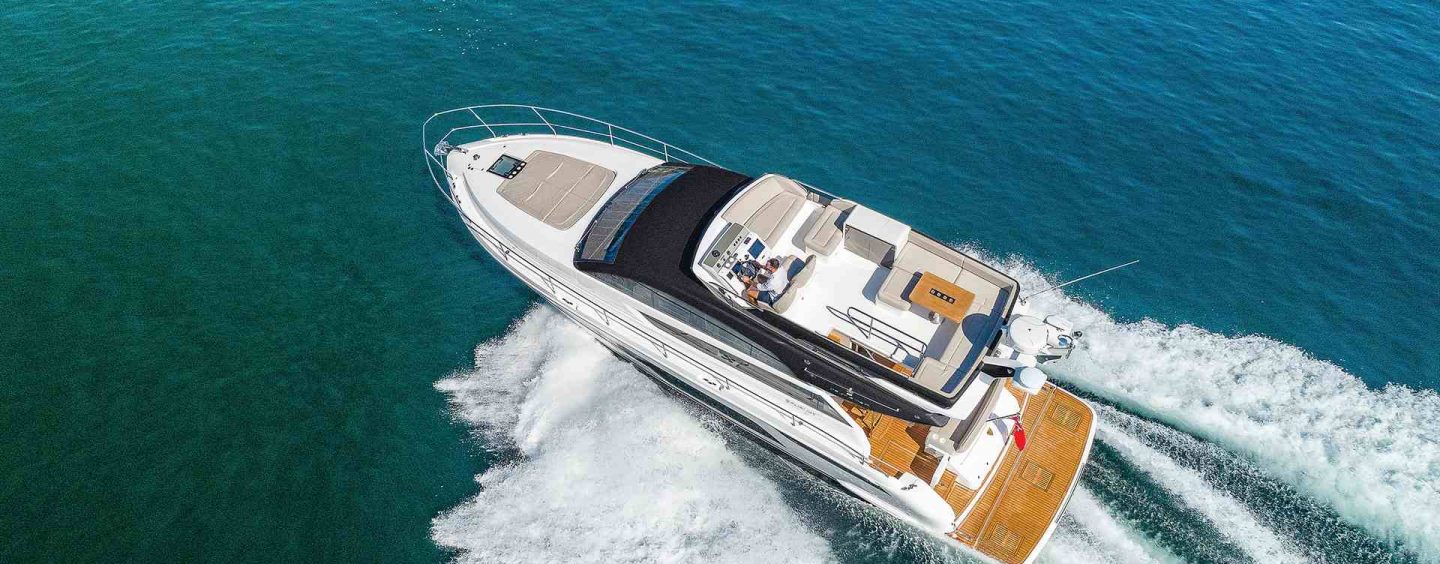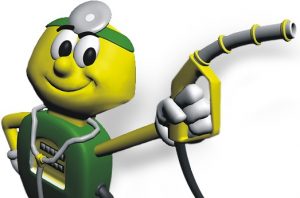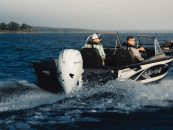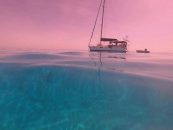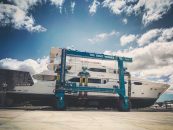With thirty years of industrial and commercial fuel tank cleaning under our belt, Fuel Doctors have seen it all when it comes to the contaminants that migrate from bunkered fuel and fungal material that germinate within fuel tanks.
The main culprit to ruin your day on the water is that unwelcome Latin parasite Cladosporium Resinae (Clad), or as the marine industry call it ‘Black Death’, parasite because he feeds on your fuel and can drain your wallet of thousands of dollars in mechanical repairs by prematurely and catastrophically damaging fuel pumps and injectors, due to suspended contaminants within the fuel, compounded by the excruciating financial pain of cleaning fuel tanks that were never engineered or designed with appropriate access for cleaning.
All boat fuel systems are continually at risk of contamination due to the very environment they operate in, Clad is the result of air-borne soil spores that are attracted to hydrocarbon fuels, entering the fuel tank via vents, any surface area not covered by fuel in a fuel tank will heat up during the day expand and exit the vent, at night the opposite takes place with the tank sucking in spores and moisture in the form of condensation.
The spores remain dormant in the fuel and will only germinate in the presence of water, from which they derive oxygen, once germinated they convert minerals and trace elements in the fuel to yeasts from which they feed and excrete, clad being the same family as brewer’s and baker’s yeasts thrive on heat, diesel engines return up to five litres a minute to the fuel tank at 120 degrees centigrade creating the perfect environment for colonies of fungal material to thrive and grow into dense sticky matts.
The majority of fair-weather sailors never encounter clad, however those who venture into big swells can tell you stories of changing blocked fuel filters, whilst being thrown around a stinking hot engine room with the vessel at the mercy of prevailing winds and current, whilst the second mate vents her anger and distrust in you, your boat and your lack of preventative maintenance.
Fuel contamination issues are addressed by administering chemicals into the tank to try and fix the problem or having someone come and polish your fuel.
Clad feeds from minerals and trace elements contained within hydrocarbon fuels, 99.9% of the additives that claim to fix your problem are hydrocarbon based, consequently secondary hydrocarbons added to your tank are going to give clad an entrée or desert to continue multiplying, fuel polishing simply polishes your wallet, as filters are designed to catch solids and pass liquids, emulsified fuel containing water and clad is 99% liquid which passes through the filters.
The facts water weighs 1 kg per ltr, Diesel 840 grams, Petrol 740 grams and Clad 1 Kg per cubic mtr, physically clad is similar to fairy floss extremely light and sticky, so it sticks to the walls, baffles and floors of your tanks, polishing entails suction and return via a filter bank into your tank, when out in swells clumps of clad get washed into the fuel (diesel & petrol’s) with a portion entering your fuel filter, when moored there is no agitation within the tank consequently clad reattaches its sticky slimy mass back on the walls, baffles and floor where it is now inaccessible to the polishing media, consequently the only thing that has been polished is your wallet. Fuel Doctors thirty years of daily combat with Cladosporium Resinae ensures you get the ultimate best advice, service and in house proprietary developed chemical solutions.
www.fueldoctors.com.au
Published in print January-March 2022






















